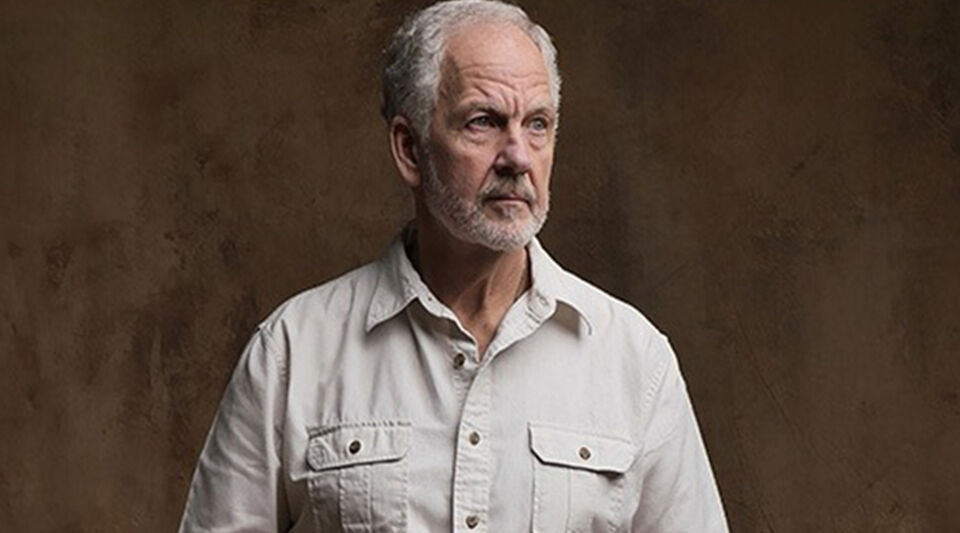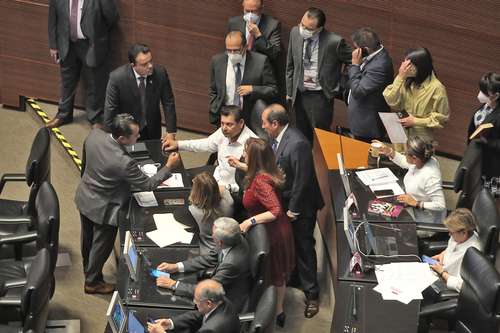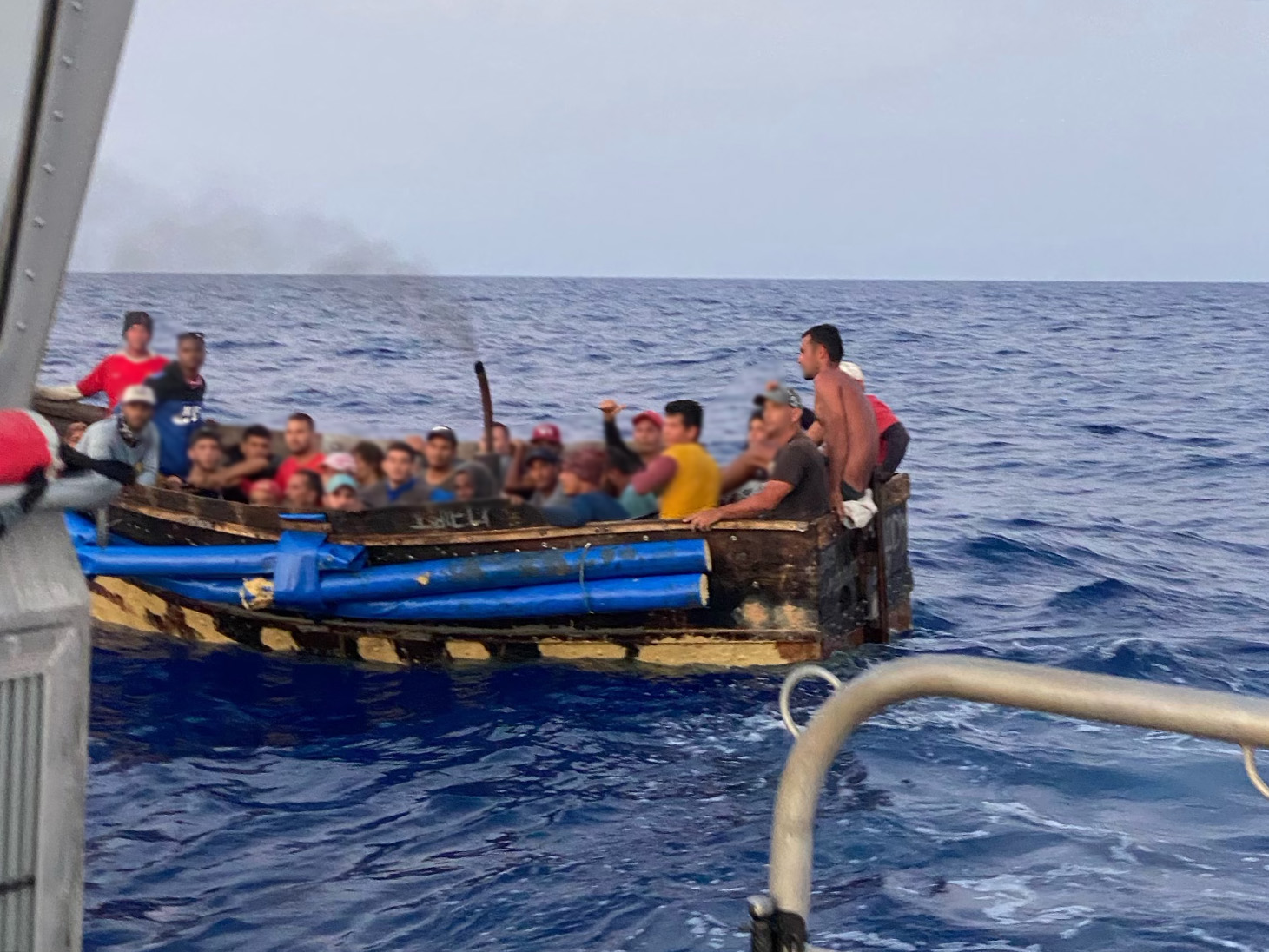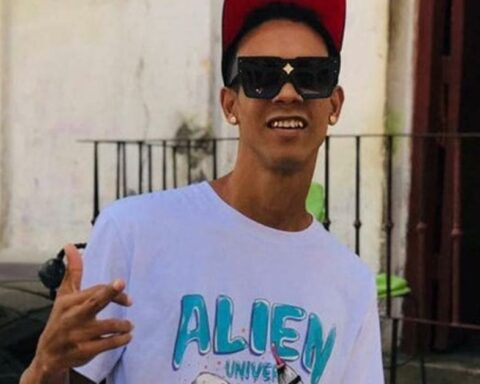The American journalist Anthony DePalma was detained at the José Martí international airport in Havana on June 8 and later expelled to his country after being declared “Not Admissible”, according to a document that was given to him before taking the flight from return to your country.
DePalma, who worked at New York Times, story a CyberCuba that the officers who detained him at the air terminal did not explain the reason for preventing him from entering the island. When he went through the health control and presented his passport to Immigration, he was separated from the line and interrogated.
“They ordered me to stay in a corner of terminal three for almost six hours, without giving me an explanation or offering me a glass of water or the possibility of making a call to notify the people who were waiting for me about what was happening,” said the journalist. that has inquired about the Cuban reality.
“They ordered me to stay in a corner of terminal three for almost six hours, without giving me an explanation or offering me a glass of water or the possibility of making a call”
“After several hours of psychological torture, they told him that he cannot enter the Island. And that he would go back to the United States on the next flight,” he stated in Facebook his friend Jorge García, whom he visited on his return from the Island.
The journalist said that he was carrying two suitcases with medicines, humanitarian aid and copies of his book The Cubans: Ordinary Lives in Extraordinary Times, which collects the life testimonies of five natives of Guanabacoa. His wife, Miriam Rodríguez DePalma, who left the island when she was a child, is from that Havana neighborhood.
After waiting in the terminal, DePalma was returned to the United States on another flight, at 6:15 p.m. that same day, without his bags. “After several hours of total abandonment, a couple of officers come and take him as a prisoner to the plane. And the suitcases were forgotten,” Garcia said on his social network.
The suitcases later arrived in Miami. “Everything is intact, but the reality is that the people who needed it will not have it for now,” adds the journalist.
CyberCuba He says that the medicines and supplies that DePalma carried in his suitcases were intended for his friends in the Guanabacoa neighborhood, who inspired him to write his book.
He added that for more than 40 years he has traveled to Cuba without problem, but after the publication of his book the incident occurred. “I can think of it as a result of the book,” she says.
The shortage of basic products, such as food and medicine, was one of the main economic elements in the anti-government protests of July 11, the largest in decades.
“Everything is intact, but the reality is that the people who needed it will not have it for now”
After these demonstrations, the Cuban government opened the possibility for travelers to bring food, toiletries and medicines to the island without tariff limits, “as accompanied luggage.” In May of this year, it extended this provision until December 31, 2022, according to the General Customs on its website.
Now, the ministry assures that they maintain this temporary decision to relax “taking into account that the conditions that supported this measure are maintained.” The Cuban biopharmaceutical industry also announced that it only produced 59% of the basic catalog of medicines destined for the public health system.
DePalma is a professor at Columbia University and in 2003, he began work on his book The Man Who Invented Fidel: Castro, Cuba, and Herbert L. Matthewswhich was finally published in 2006, but before that I had already written A biography of the new American continentpublished in 2001.
Following the 9/11 attacks in New York, he devoted himself to writing nearly 100 profiles of the victims, which led him to win the Pulitzer Prize for Public Service.
In 2009 he received the Maria Moors Cabot Awardand in 2010 he released his third book City of Dust: Illness, Arrogance and 9/11 and was the basis of the CNN horror documentary.
________________________
Collaborate with our work:
The team of 14ymedio is committed to doing serious journalism that reflects the reality of deep Cuba. Thank you for joining us on this long road. We invite you to continue supporting us, but this time becoming a member of our journal. Together we can continue transforming journalism in Cuba.








